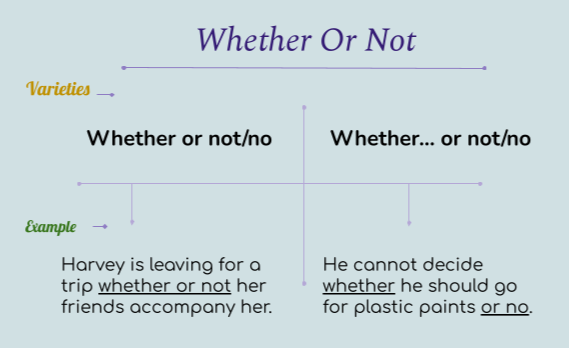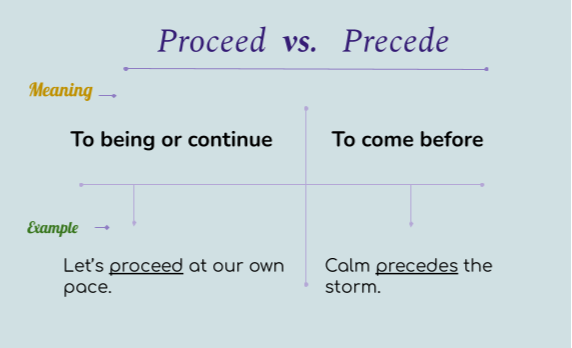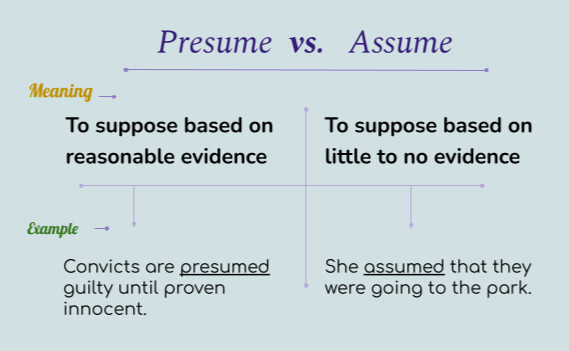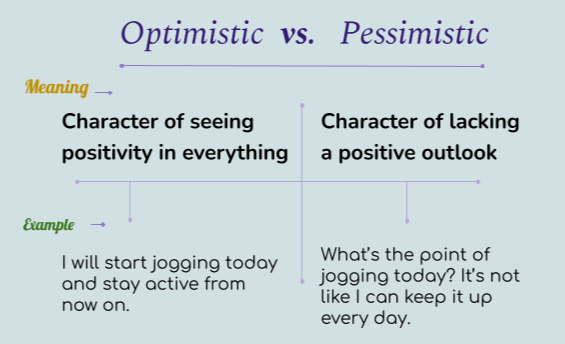Booking vs. Reservation: Learn the Difference
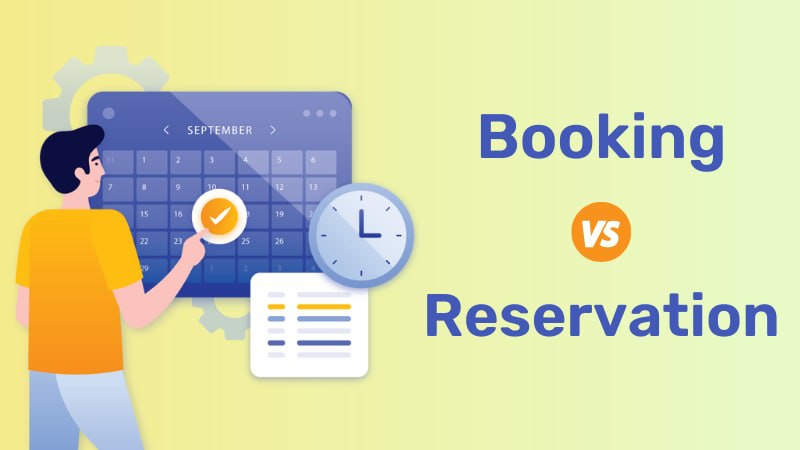
Booking and reservations are used synonymously in the most commonly used variation of their meaning which is to confirm a commitment ahead of time. We have covered all their definitions and elaborated on some of their uses.
Booking
Booking is a noun used in various ways in the English language. Two major ways it is used are as follows -
Meaning 1
Paying for a seat, ticket or table in advance is considered Booking. People would book anything in the fear of those not being available when necessary.
Cambridge Dictionary Definition: “An arrangement you make to have a hotel room, tickets, etc., at a particular time in the future.”
Meaning 2
Booking can also mean punishment for breaking rules during a football/soccer match. It is a booking because the name of the guilty player is noted in the referee’s book.
Reservation
The Noun, Reservation also has many meanings in the English language. Please, take a look at them from the list below -
Meaning 1
Making partial or full payment for seats, tickets, rooms or restaurant tables well in advance is termed a Reservation.
Cambridge Dictionary Definition: “An arrangement in which something such as a seat on an aircraft or a table at a restaurant is kept for you.”
Meaning 2
Reservations are pre-existing notions that create doubt in the mind of a decisionmaker. When someone can decide something, they must let go of their reservations.
Meaning 3
The areas particularly reserved for the Native Americans to live are termed as Reservations or Reservation Systems.
Difference Between Booking and Reservation
Book and Reserve are synonyms for the action of making a full or partial financial commitment in advance. The prime and only difference between them would be that “Booking something” is widely used in British English whereas “Making a reservation” is predominantly used in the Americas.
Situational Examples
- People may book or reserve a table at a restaurant ahead of time.
- Someone can book or reserve train, bus, flight, sports or concert tickets in advance before they run out.
- A venue can be booked or reserved months in advance so that the desired event can be hosted there without fail and decorations etc can be properly planned.
- I’ve booked the doctor’s appointment for this Sunday.
- This is a reservation-only restaurant; you cannot just show up here without one.
Same Situation, Different Region
The difference in the use of these two terms, “Booking” and “Reservation” is clearly illustrated in the situational variation stated below -
In the UK, a native traveler would ask at a hotel’s reception -
|
Hello, I had a booking with you in the name of Shaun Smith. |
In the USA, native backpackers would ask at a hotel reception -
|
Hi, we have a reservation for three double rooms with you under the name - Robert Frost. |
Though booking and reservation may seem like two different words or terms to learn based on their occasional use in differently structured sentences, but in the case of confirming or paying for a service in advance, they can almost always be used synonymously.
Grammar
Read More
- How to Use "Therefore" in Sentences Avoiding Common Mistakes
- How to Use "Whereas" with Examples and Avoid Common Mistakes
- When and How to Use "Thus" Correctly Without Common Mistakes
- How to Use "On the Contrary" Properly with Meaning and Examples
- When and How to Use "Either/Or" with Examples and Common Mistakes to Avoid
- How to Use "On the Other Hand" Effectively without Mistakes
- How to Use "Respectively" with Example and Common Errors to Avoid
- How and When to Use "Moreover" Without Mistakes
- How to Use "Likewise" in Sentences Based on Context & When not to Use
- When & How to Use "Although" in Sentences to Avoid Mistake

